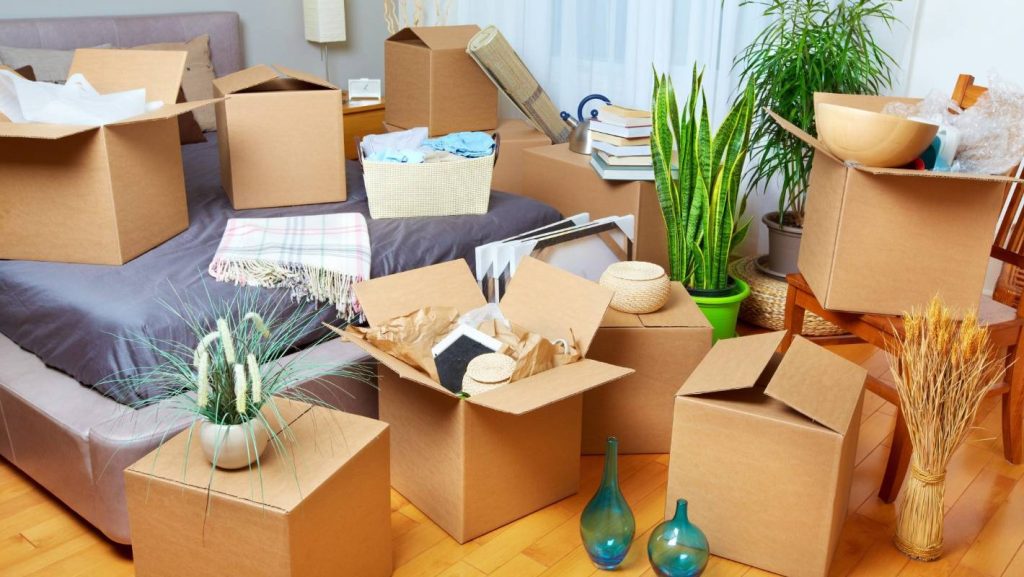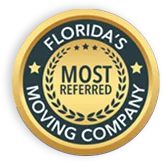
There are a wide variety of reasons why people need to make use of public or self-serve storage services. Many times, it’s because people are moving and their new home isn’t ready yet. In other cases, people may not have time to go through everything in their current home and want to store it temporarily before sorting through it.
And it’s not just people moving who need self-storage services. People also use safe, secure storage services to place valuable items, including artwork. And businesses can use storage space for extra furniture and equipment while a new office is built.
Whatever the case, America’s use of storage services continues to increase. About 38 percent of Americans recently used or planned to use storage space in 2021, with furniture ranking as the top item they need to store.
8 Things to Know Before Renting a Self-Storage Unit
Before you shop around for storage units, check with your movers. They may offer self-storage units as part of their services. The following are some of the frequent questions about public or self-storage services, along with some answers to point you in the right direction.
What Size Storage Do I Need?
This is the first issue people try to figure out. Units typically come in small, medium, and large sizes. First, check to find out the exact dimensions of the storage space. Then, you can estimate what you need by placing all your belongings from each room into a pile and measuring them – if it’s about 5×5, you’ll need about 25 cubic feet of storage space. Generally, a small unit cannot hold much outside of stacked boxes and maybe a small mattress. A medium can handle a medium-sized bedroom, while a large can handle a master bedroom.
What Do I Need to Rent a Storage Unit?
You’ll need a valid, government-issued ID. This can include a driver’s license, state registration card, passport, or military ID. You’ll sign a contract with the storage facility that will contain all the rules you must follow for use of the unit.
What Should I Look For In a Storage Unit?
You’ll want plenty of security, including 24/7 CCTV, in-person guards, and secure grounds. Get a storage unit with 24-hour access if you think you will need it, as well as a location that is convenient for you (don’t try to save money by renting a unit far from where you live).
How Much Will It Cost?
Cost is determined by the size of the storage unit. Also, while you can get a monthly contract with most storage services, they typically offer a discount if you sign up for a longer term. Storage companies may also charge more if the number of available units is low.
How Can I Save On Storage Unit Cost?
One proven method to save on storage unit costs is to properly pack your items. Make use of all the space at your disposal by stacking boxes to the ceiling. Take apart furniture and store it in pieces, taking up less space. Fill all the holes that occur when you start filling up the unit. But remember to leave an aisle down the middle, or you’ll have a hard time getting to those boxes in the back.
How Do I Transport My Stuff to a Storage Unit?
If the storage service is offered through a moving company, they often will provide transport of your goods to the unit at an additional charge. Some companies that own storage units may also provide trucks for you to move your items. Check into transportation services before signing a contract, as you don’t want to get caught having to transfer all your stuff in your own car.
Do I Need Climate Controlled Storage?
Climate control is helpful if you have certain items you plan to store. Without climate control, your belongings are at the mercy of extreme heat and cold, as well as humidity that can lead to mildew. Keep climate controlled storage unit if you plan to store any of the following, according to U.S. News.
- Wood furniture. Wood expands and cracks in extreme heat, while humidity causes warping and mold growth.
- Metal. High humidity leads to rust.
- Electronics. Extreme temperatures and high humidity shorten the life of electronics.
- DVDs, CDs, and vinyl records. Picture and sound quality deteriorate outside of a room temperature environment.
- Plastic. Extreme heat melts plastic, while cold cracks it.
- Antiques. Protect old pieces of furniture and artwork from the ravages of extreme temperatures.
What Items Can I Not Put Into Storage?
There are certain items you should never put into storage (and the storage service won’t allow them, anyway). They include flammable, combustible, or hazardous materials. You also cannot store food, which is going to go bad and/or attract all kinds of bugs. Also, you can’t put plants into a storage unit, as they will die quickly.
Storage services offer an affordable alternative for those who need a safe space to place items temporarily. It also can help those who have run out of time to go through and reduce their belongings.

